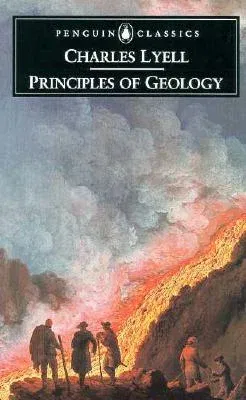Charles Lyell
(Author)Principles of GeologyPaperback, 1 June 1998

Qty
1
Turbo
Ships in 2 - 3 days
Only 3 left
Free Delivery
Cash on Delivery
15 Days
Free Returns
Secure Checkout

Reading Age
Ages: 18
Grade Levels
13
Part of Series
Penguin Classics
Print Length
528 pages
Language
English
Publisher
Penguin Group
Date Published
1 Jun 1998
ISBN-10
014043528X
ISBN-13
9780140435283
Description
Product Details
Abridged:
Audience:
Ages: 18
Author:
Book Format:
Paperback
Country of Origin:
GB
Date Published:
1 June 1998
Dimensions:
20.02 x
12.9 x
3.18 cm
Educational Level:
Grade Levels: 13
ISBN-10:
014043528X
ISBN-13:
9780140435283
Language:
English
Location:
London, England
Pages:
528
Publisher:
Series:
Weight:
417.3 gm